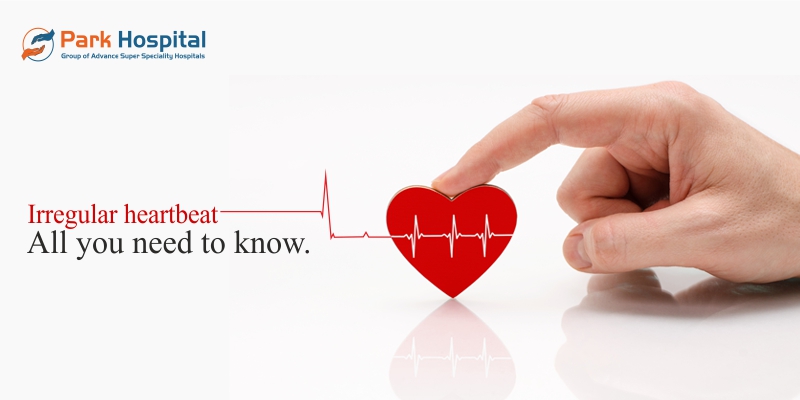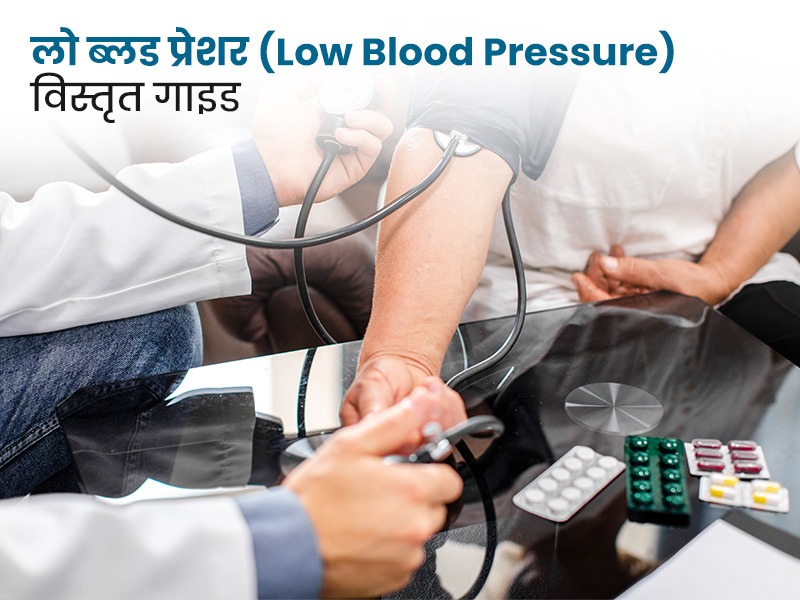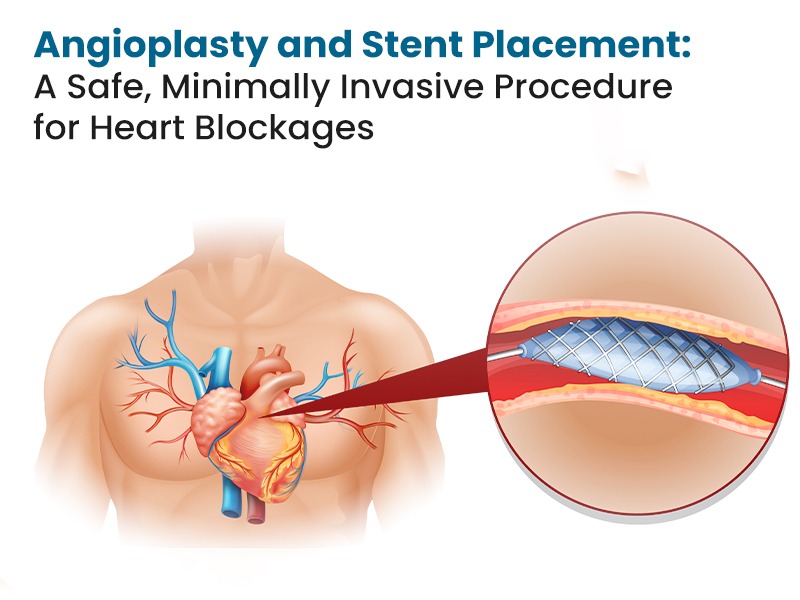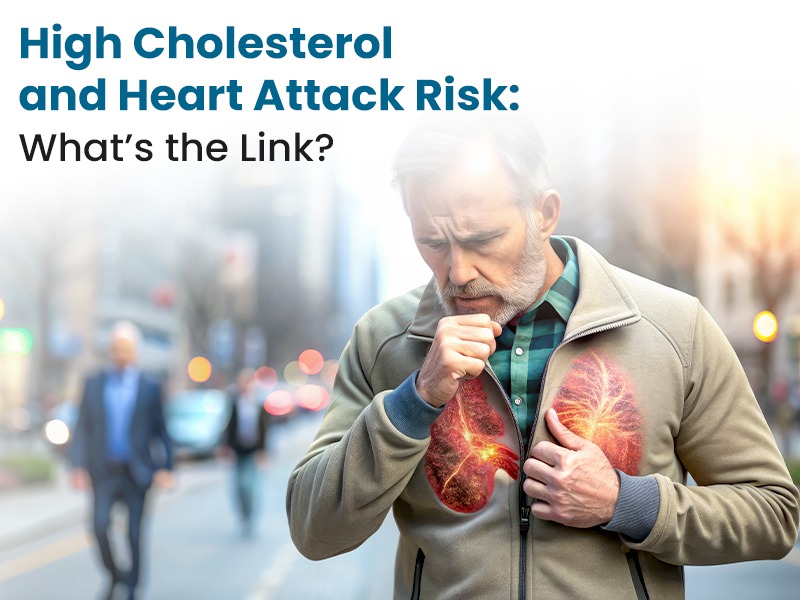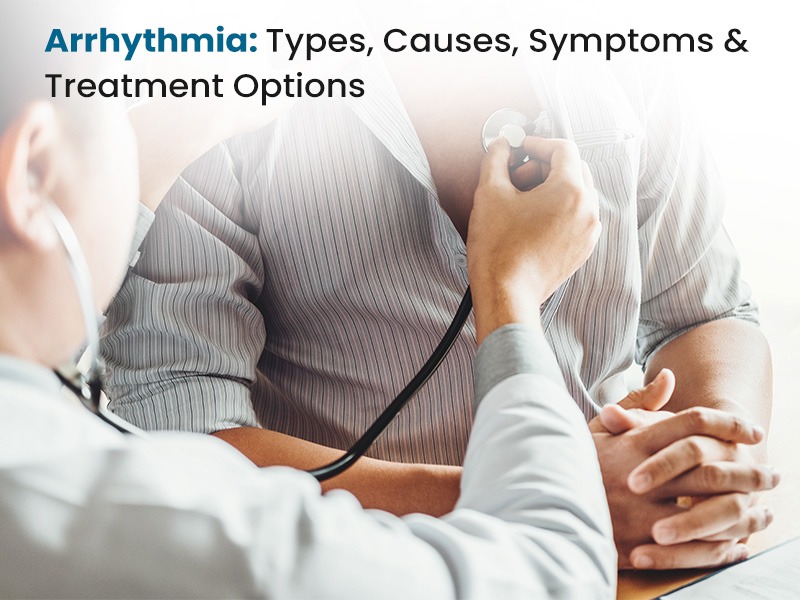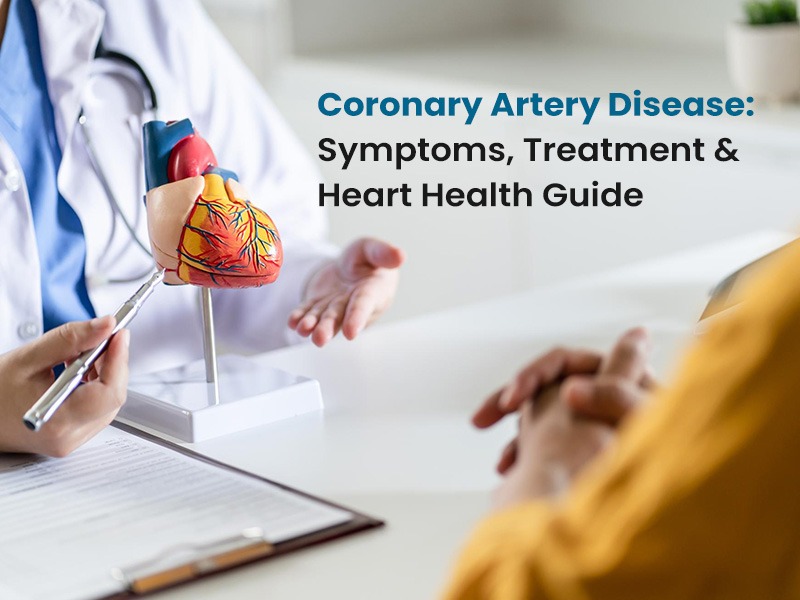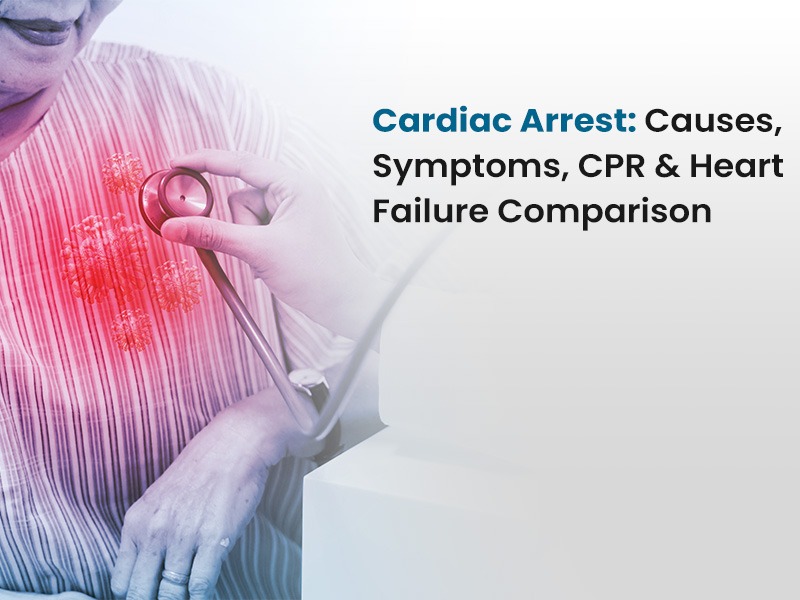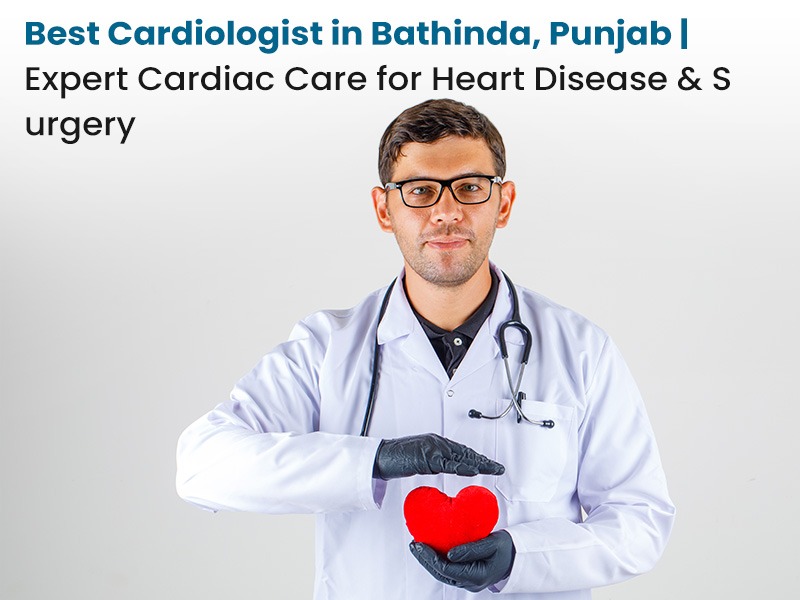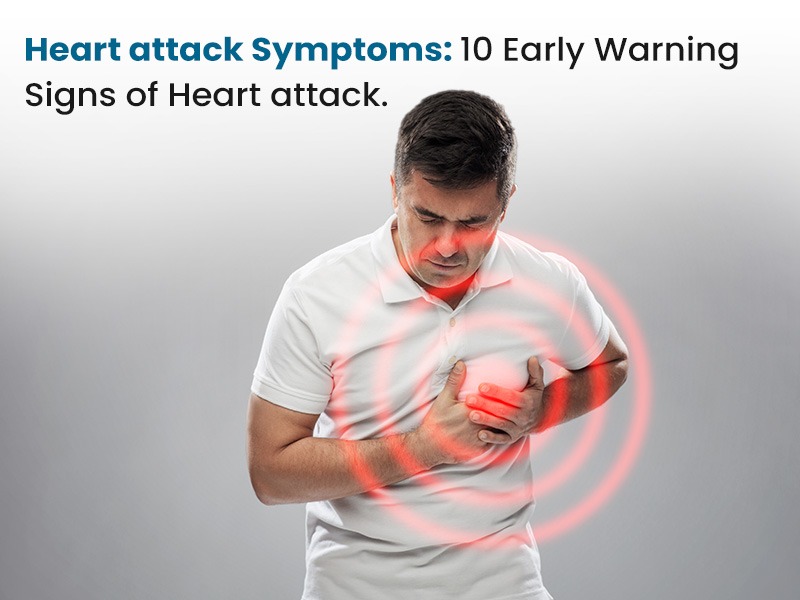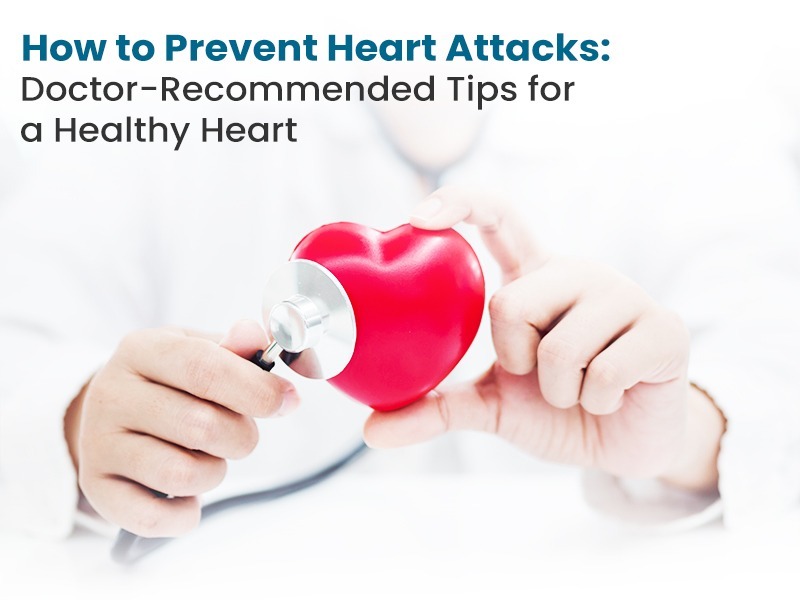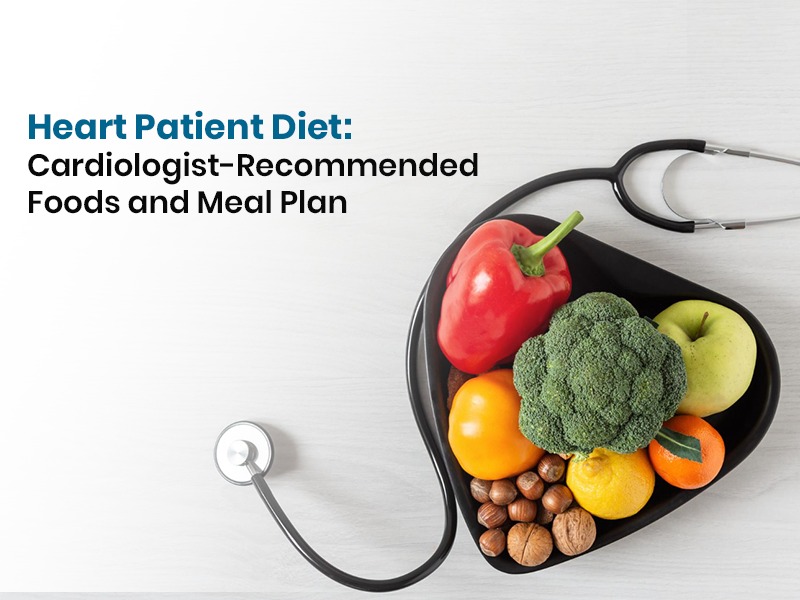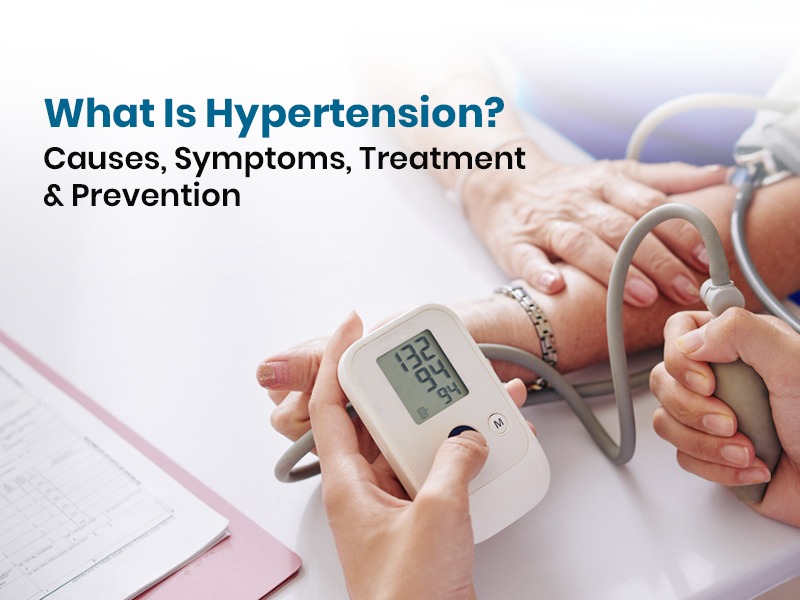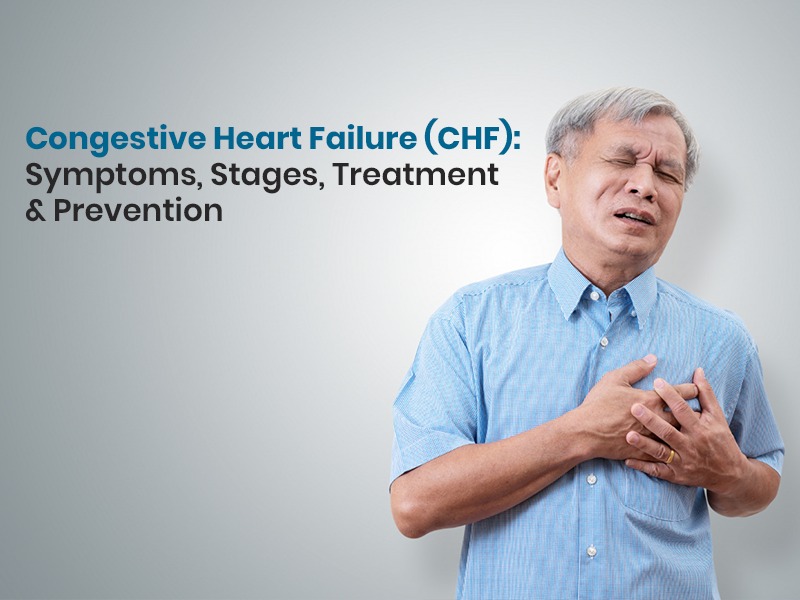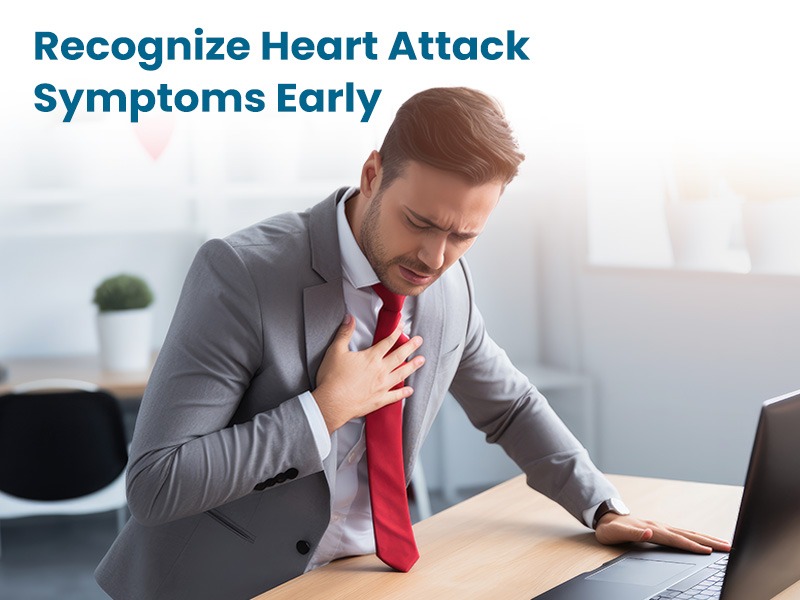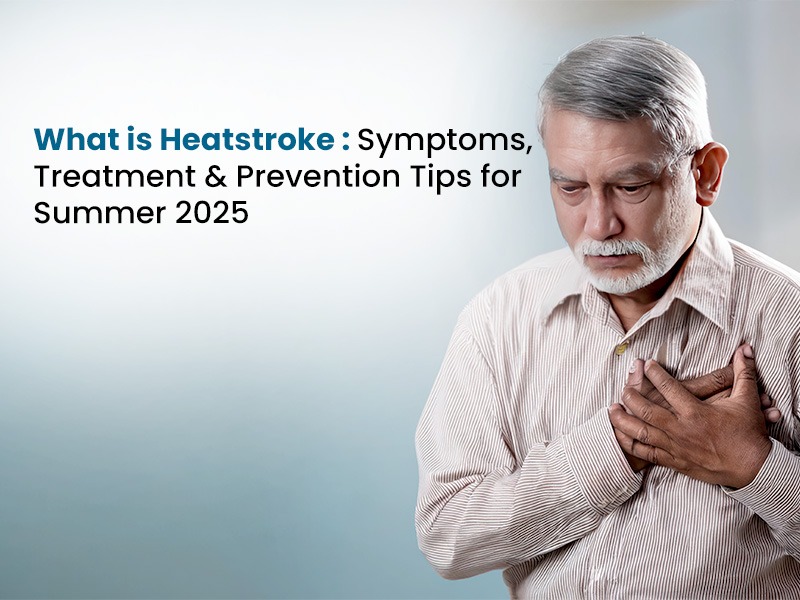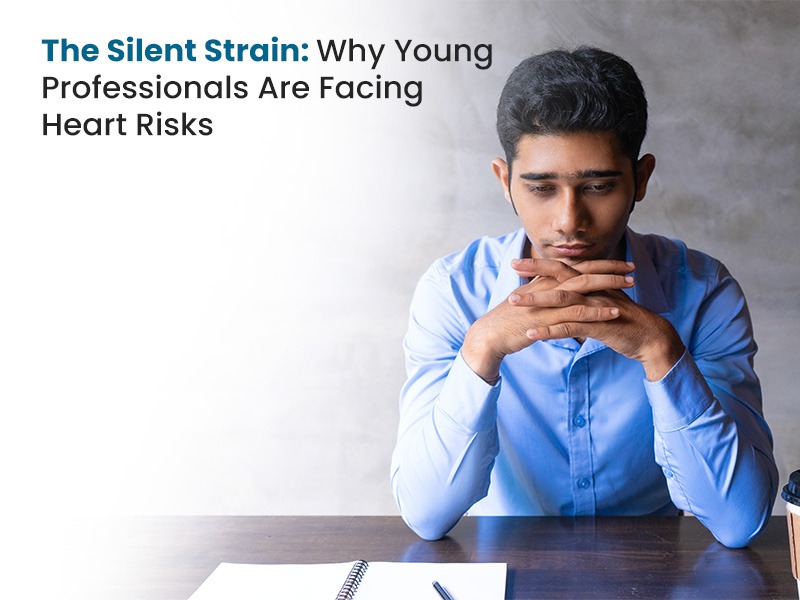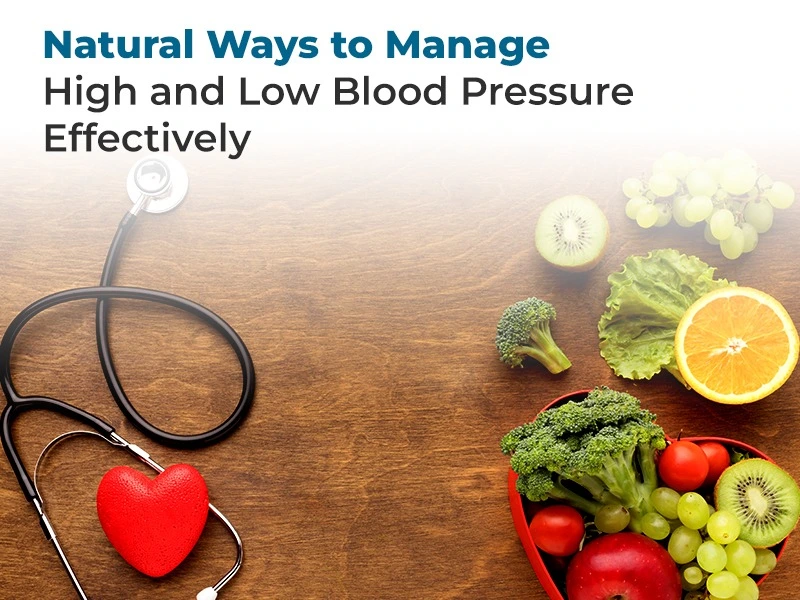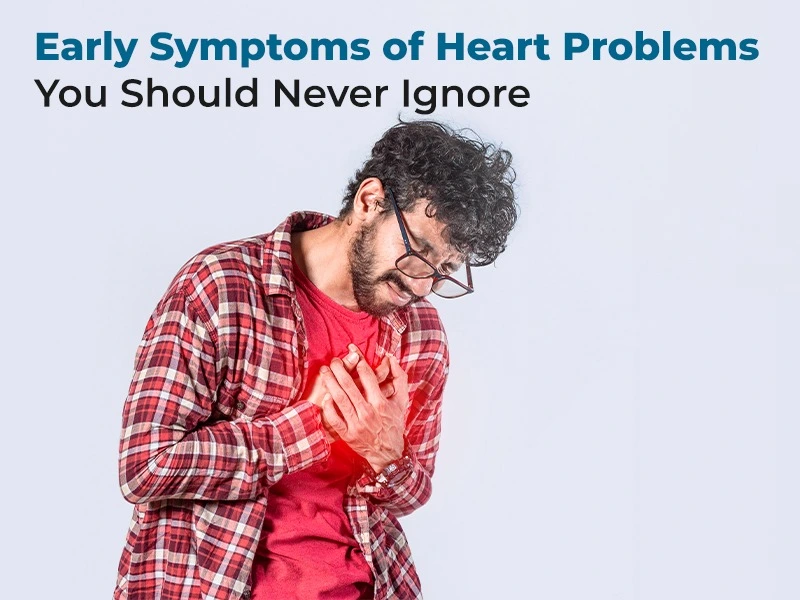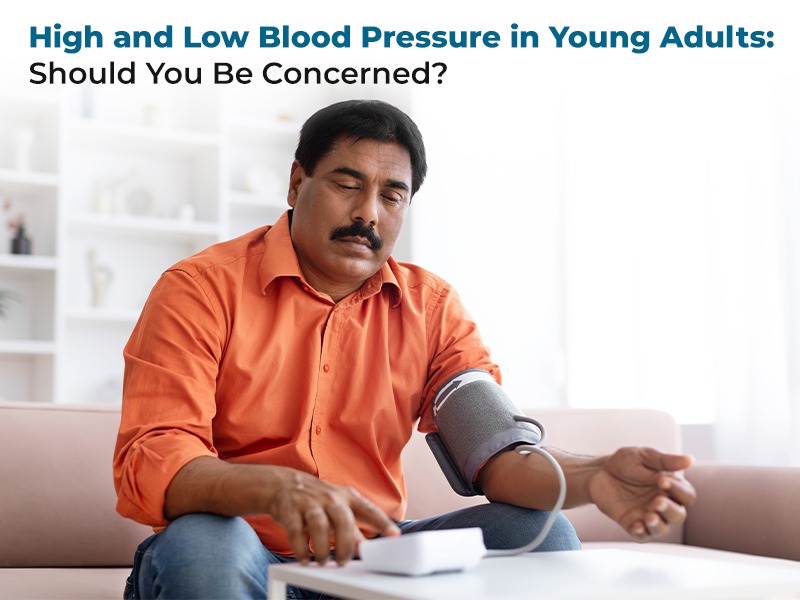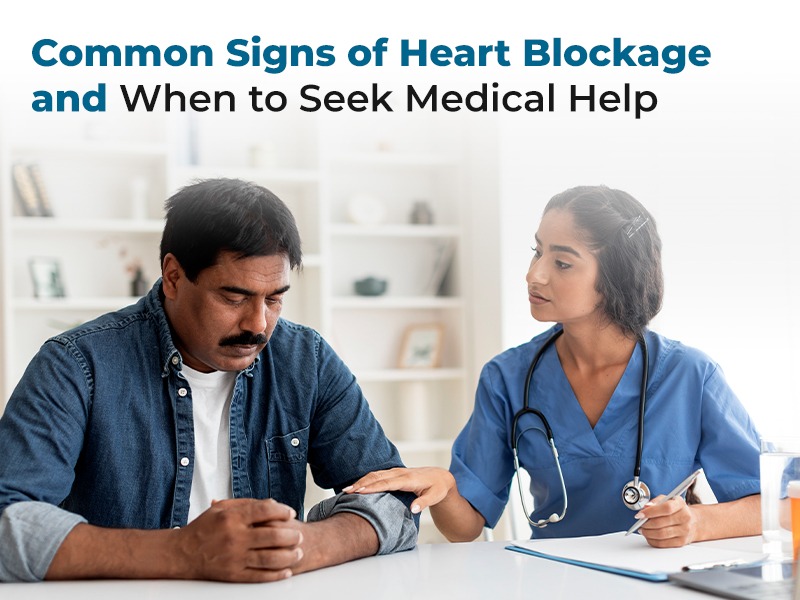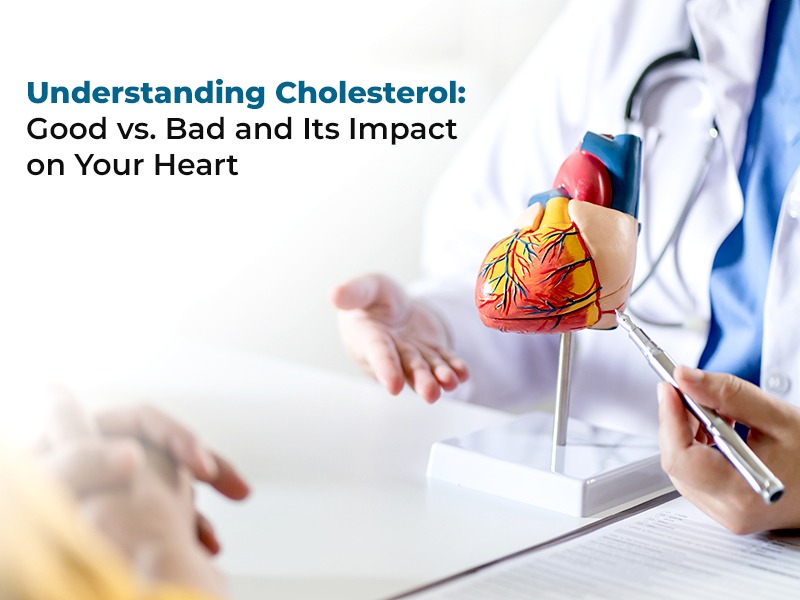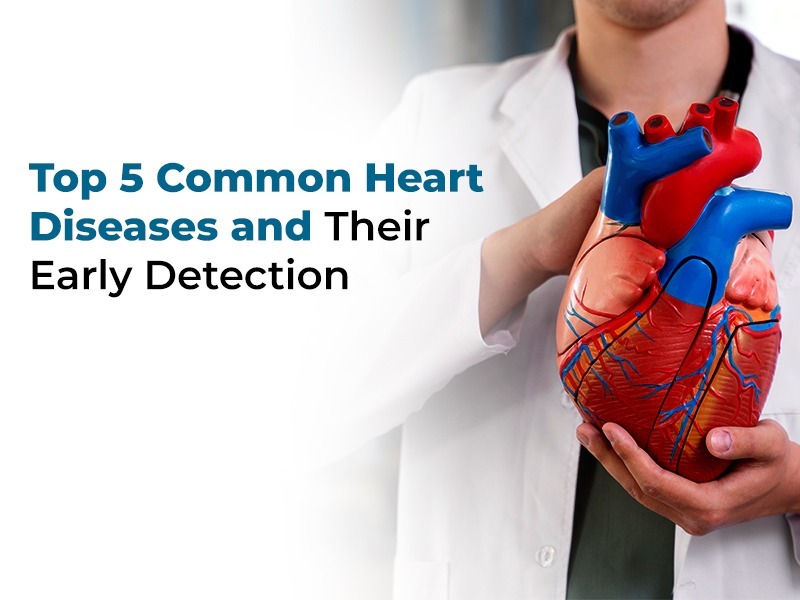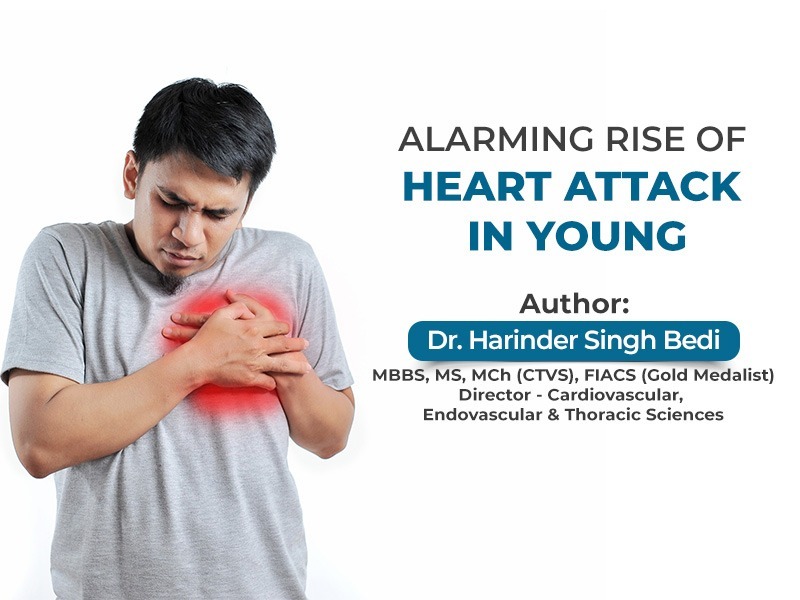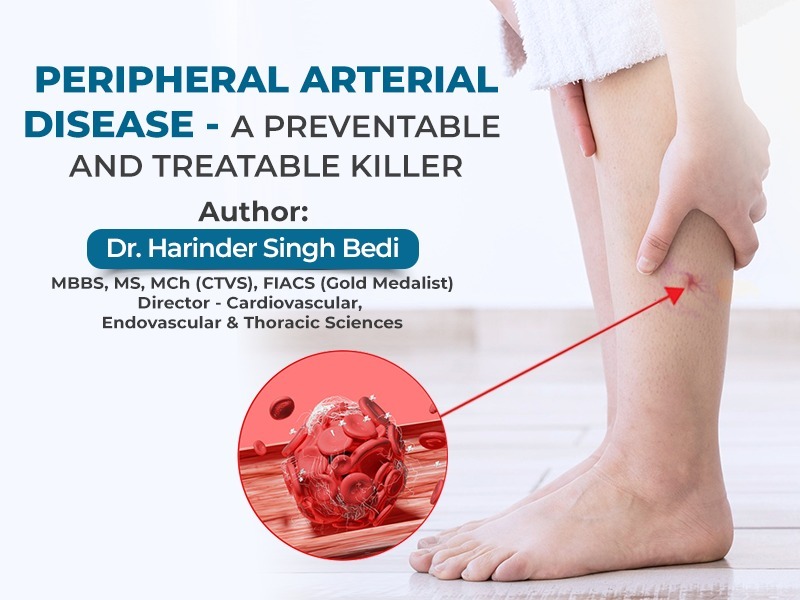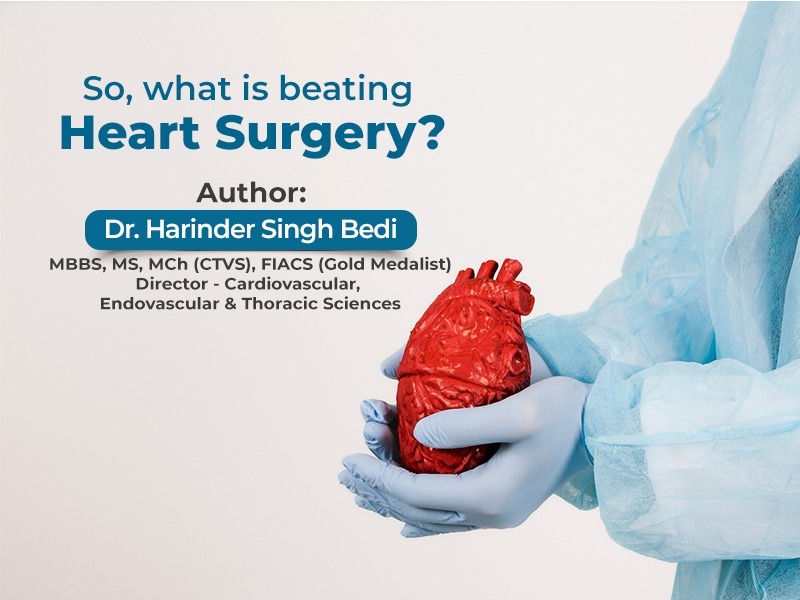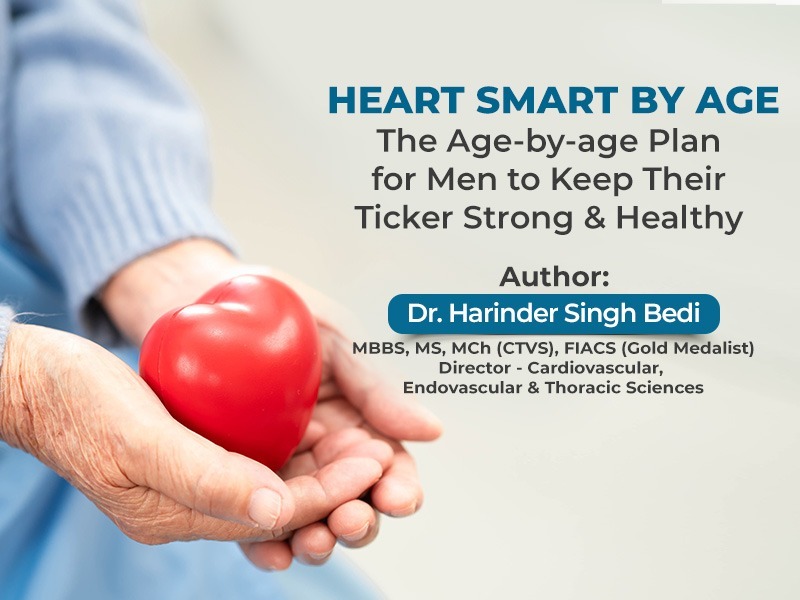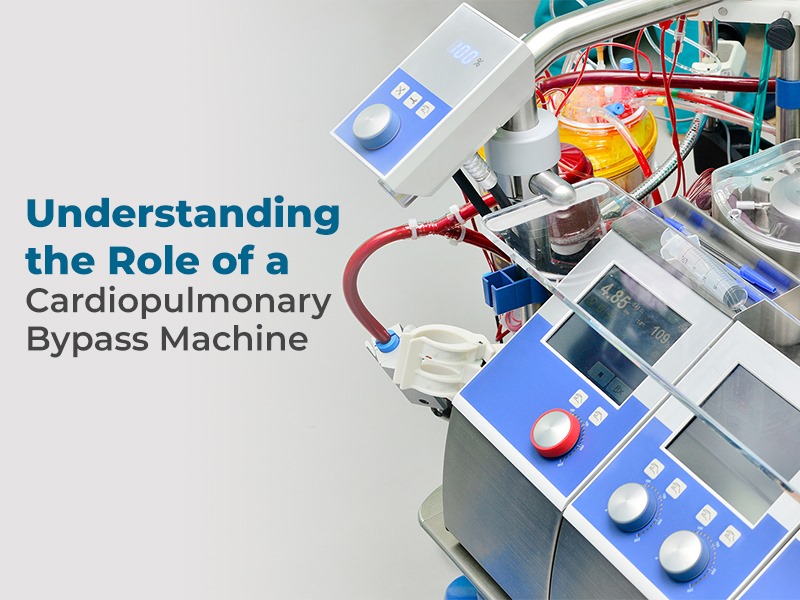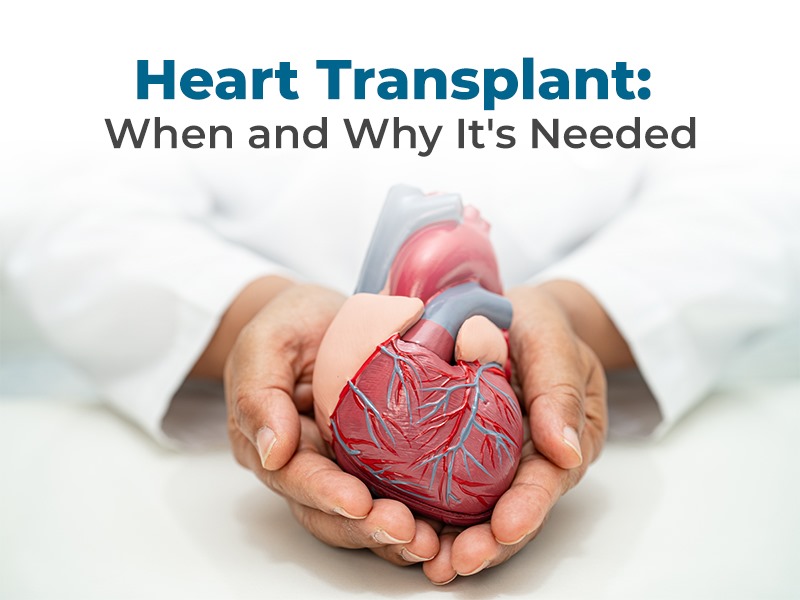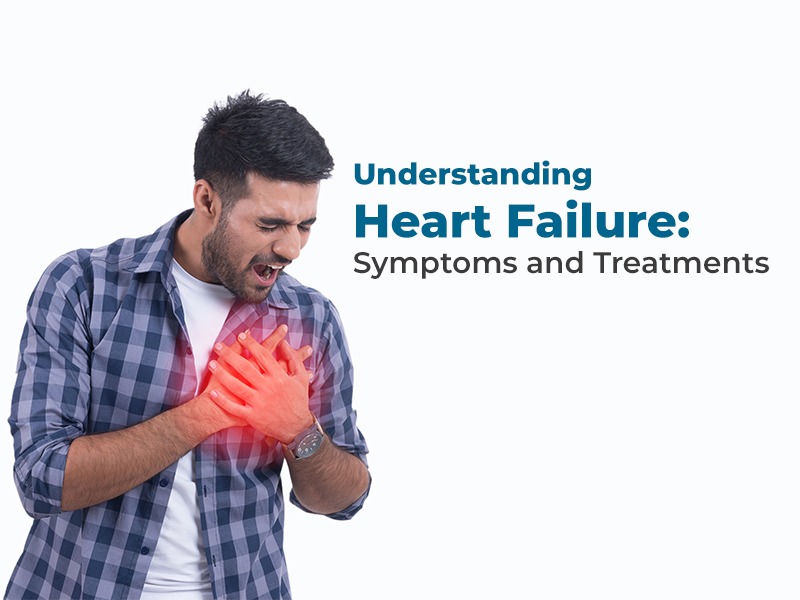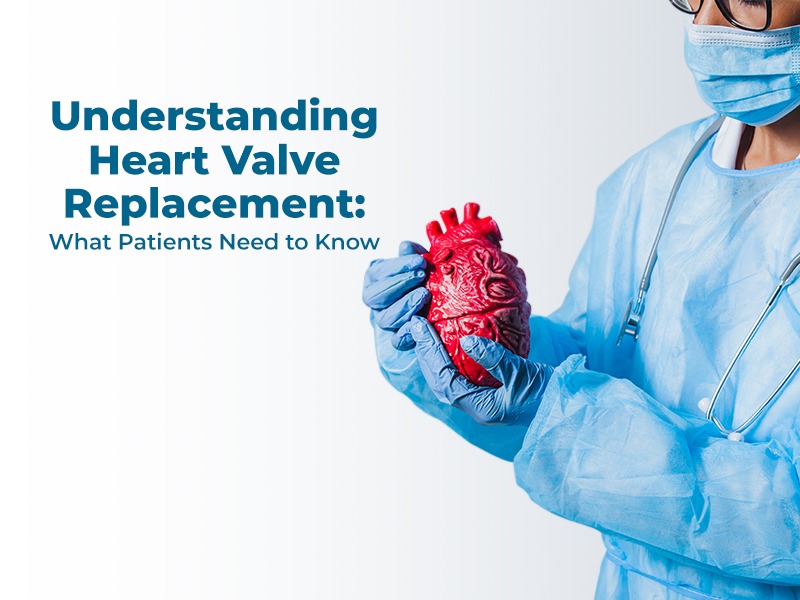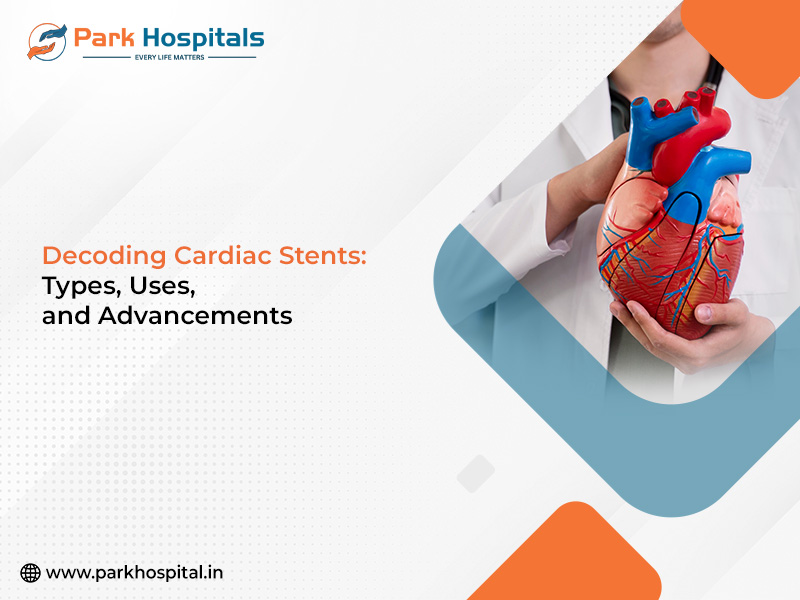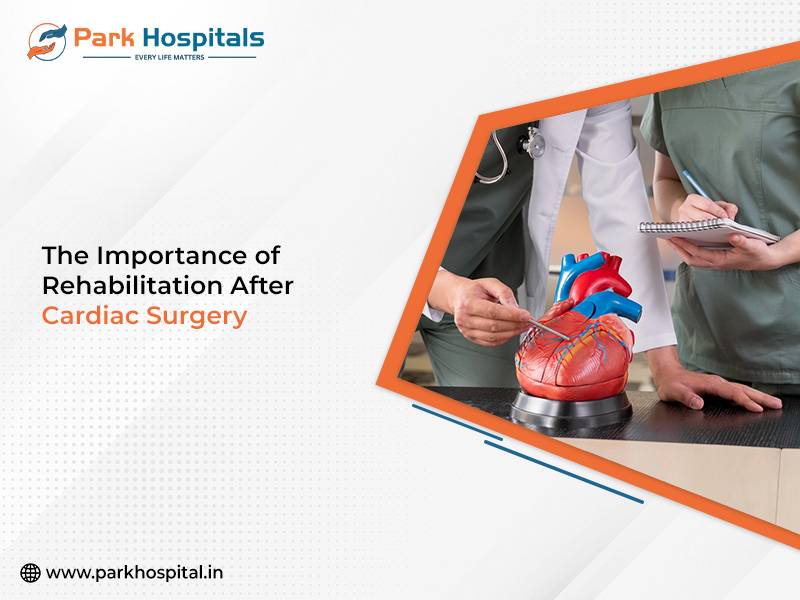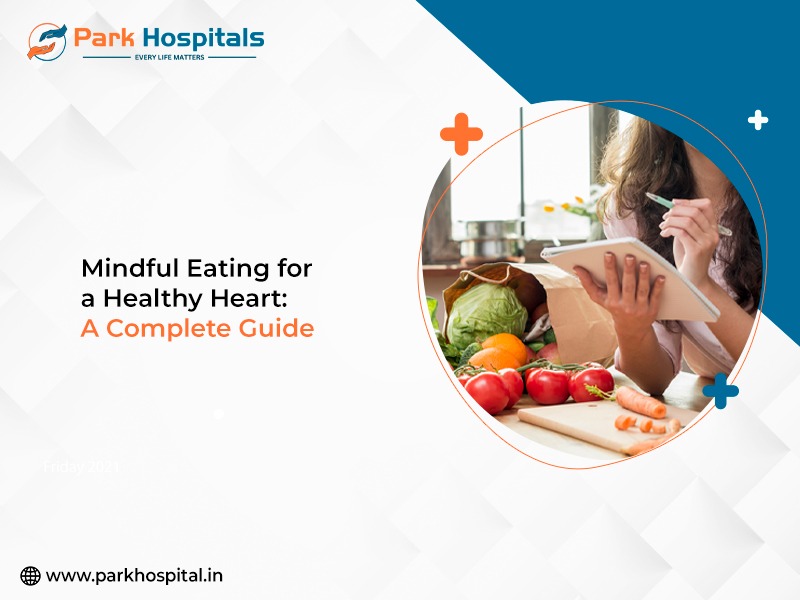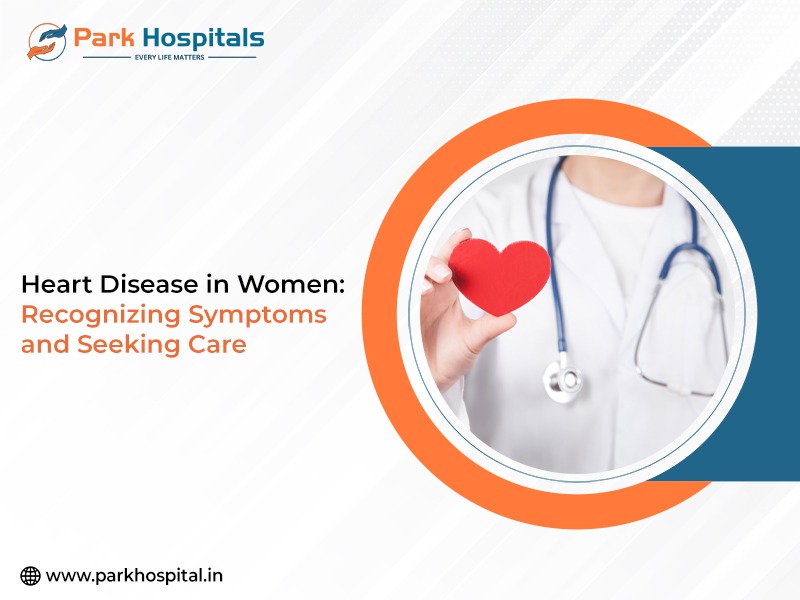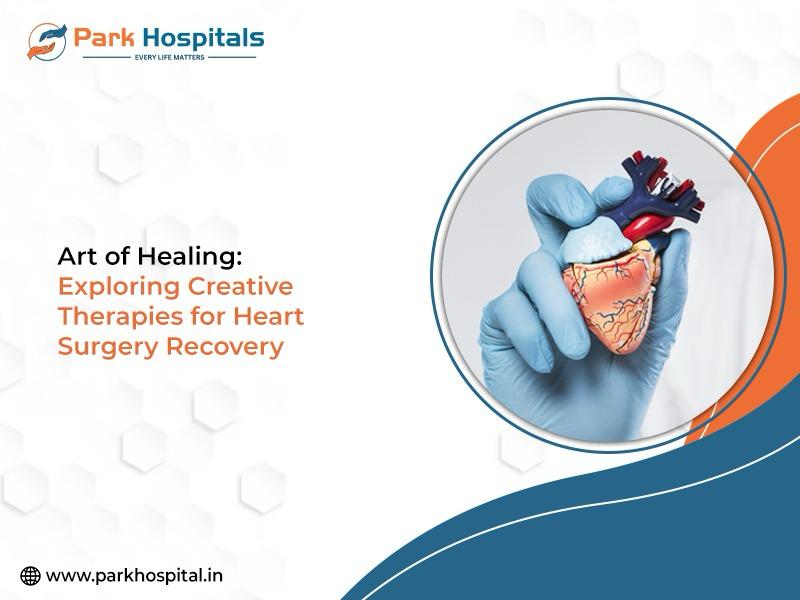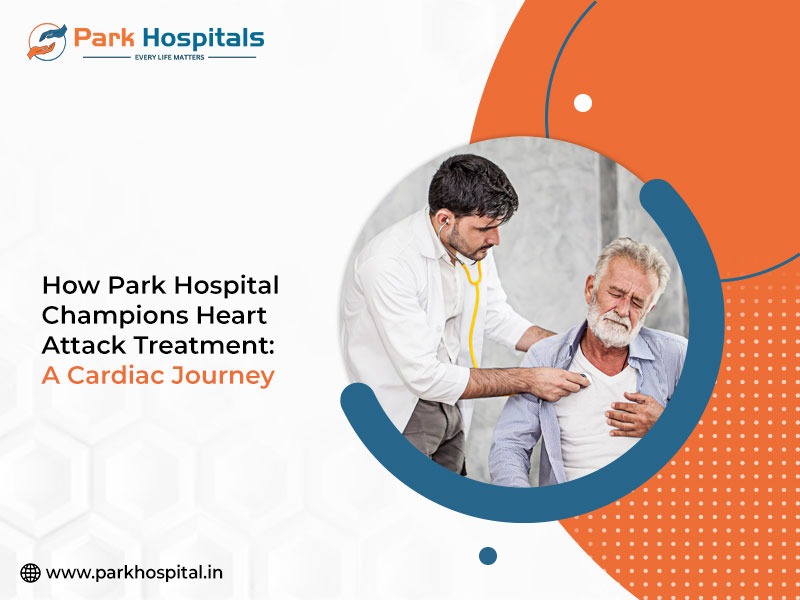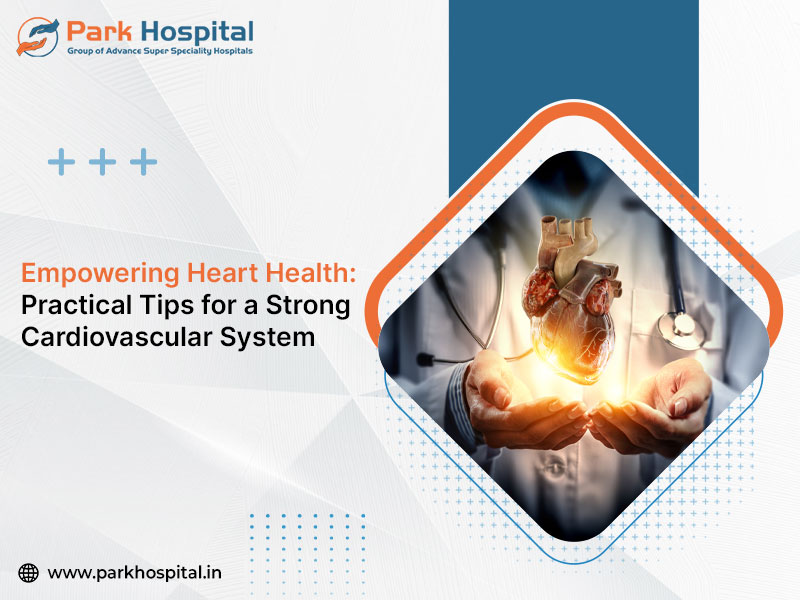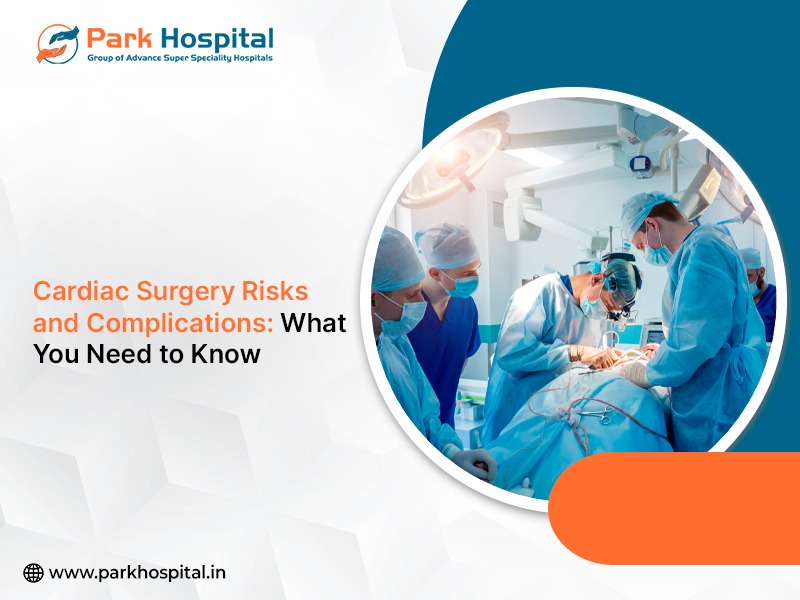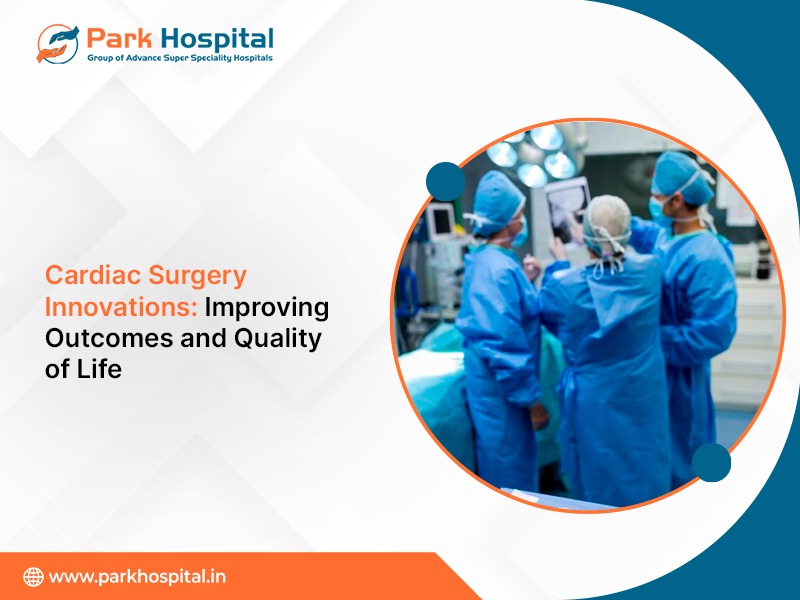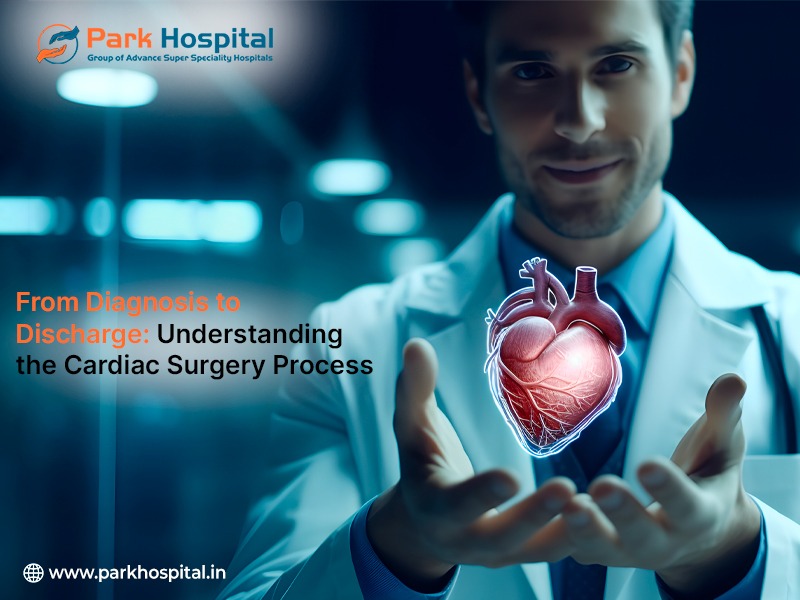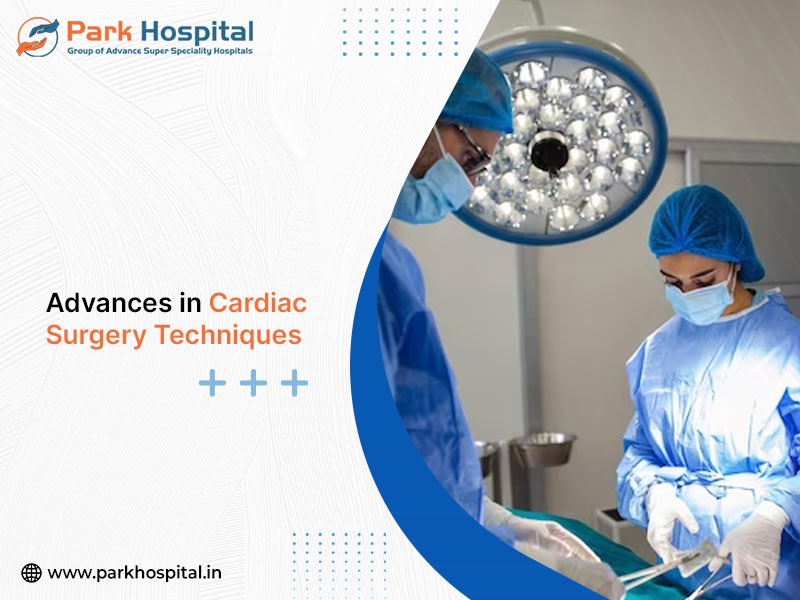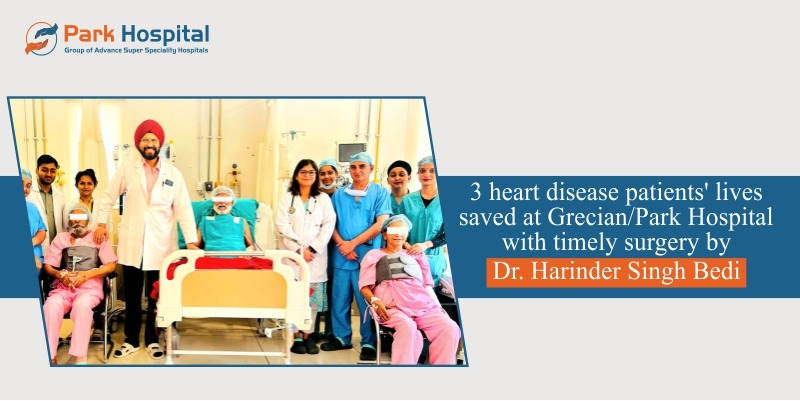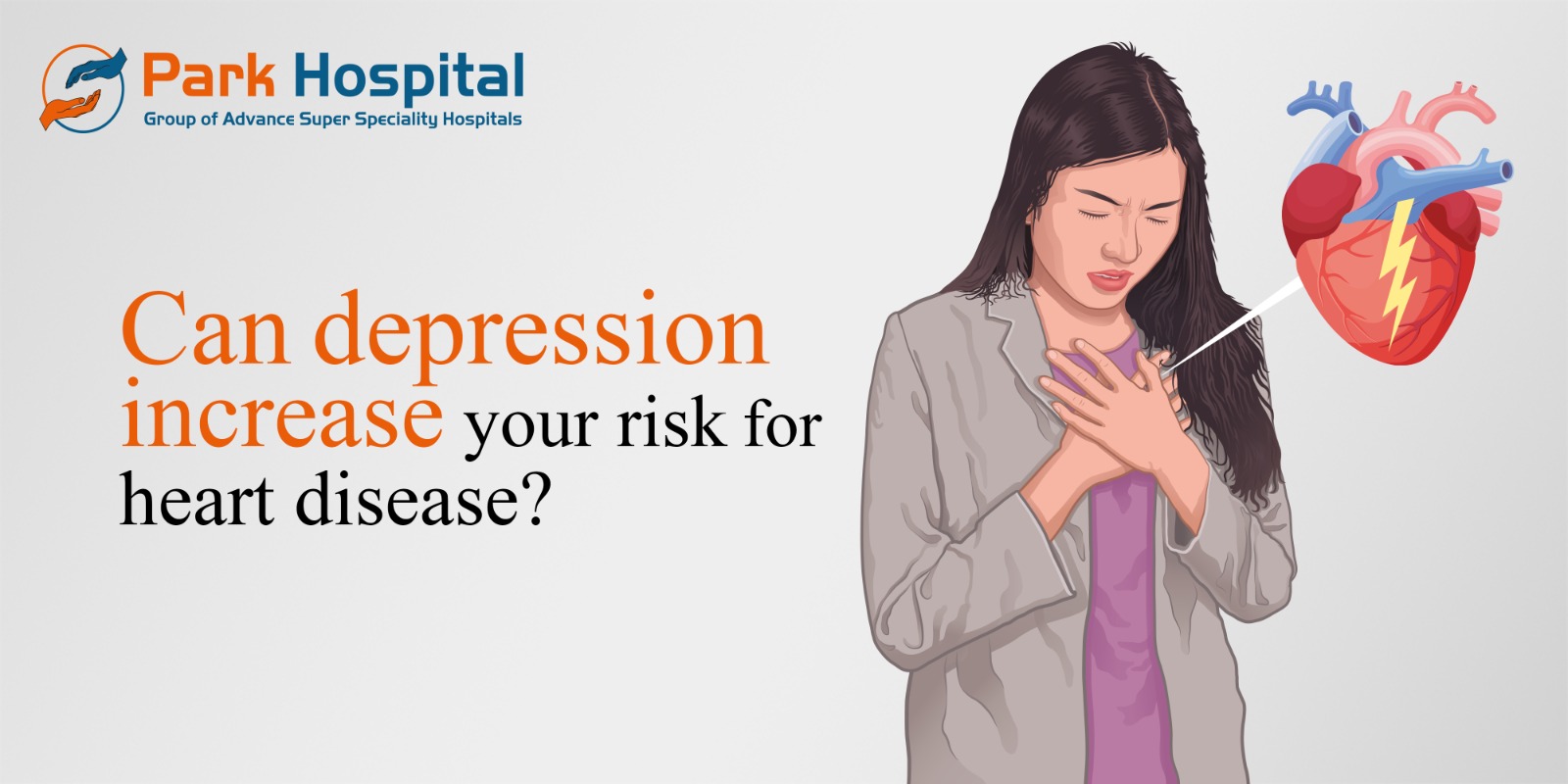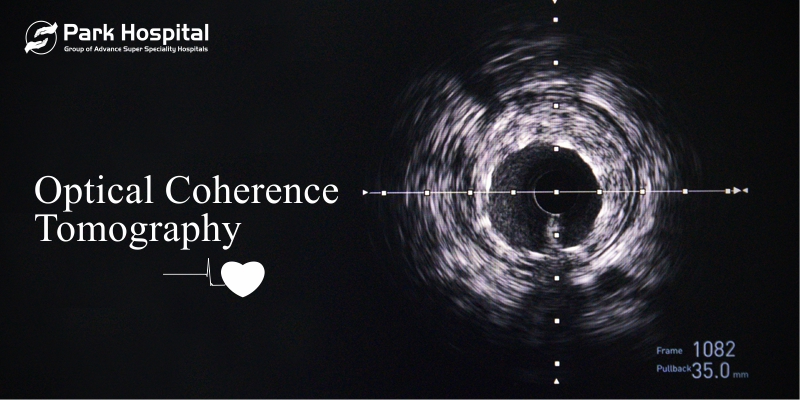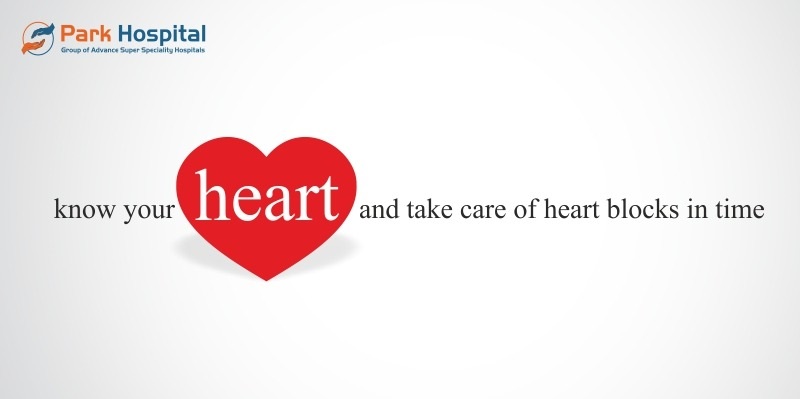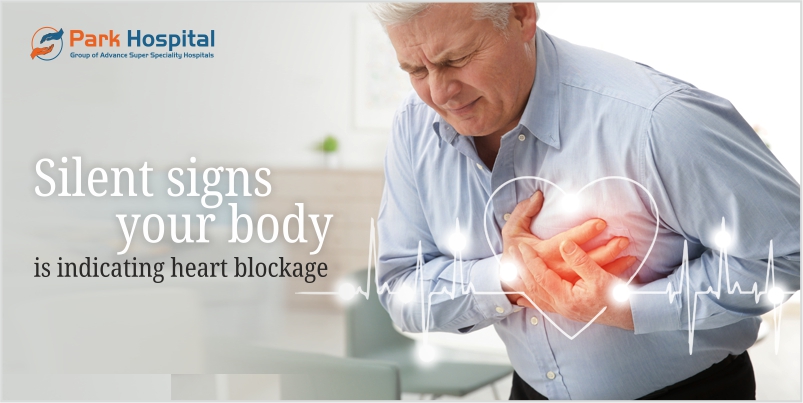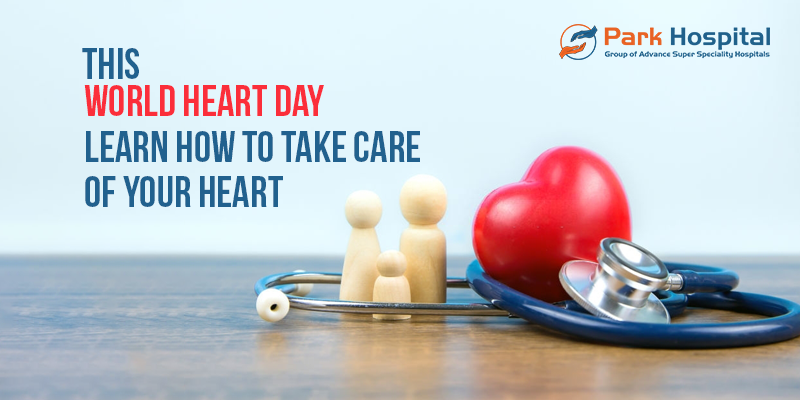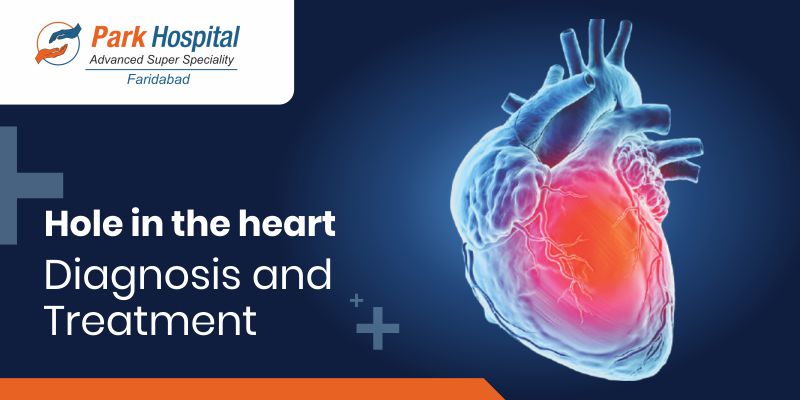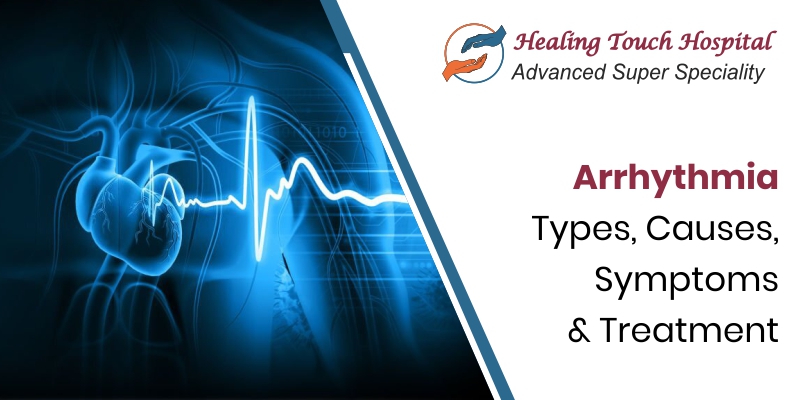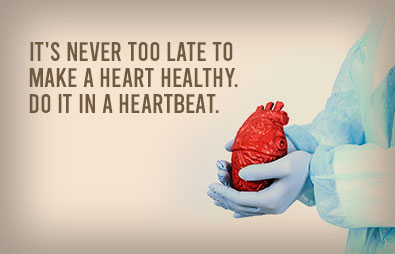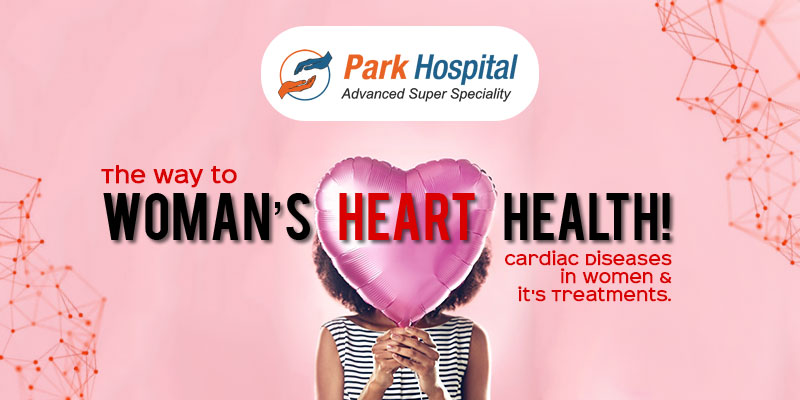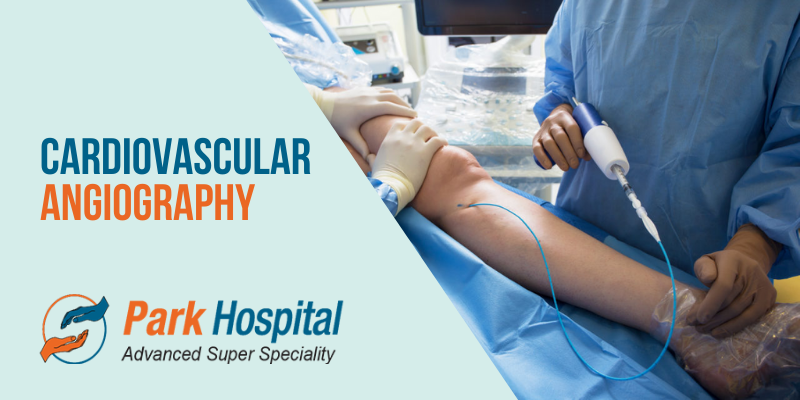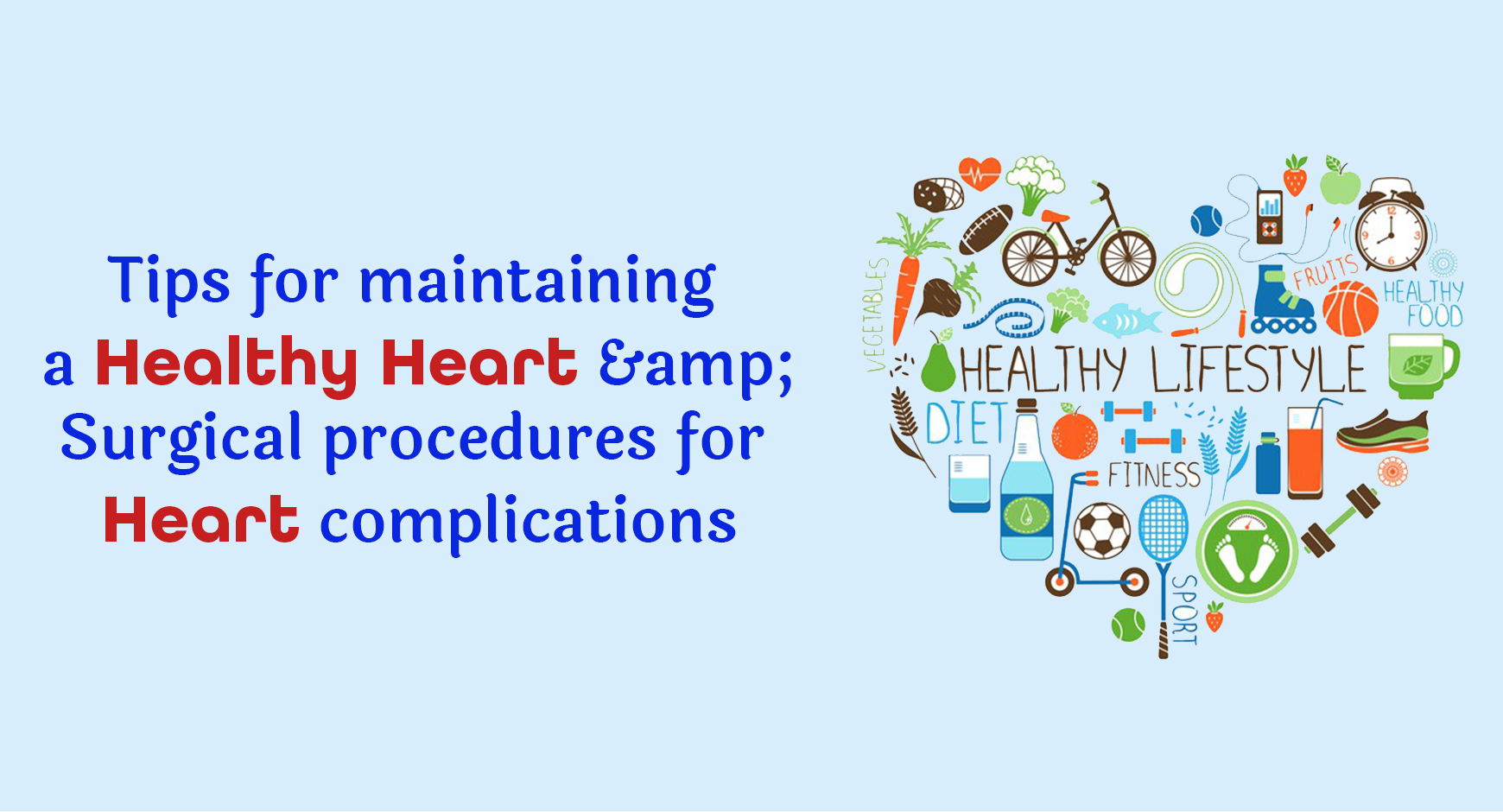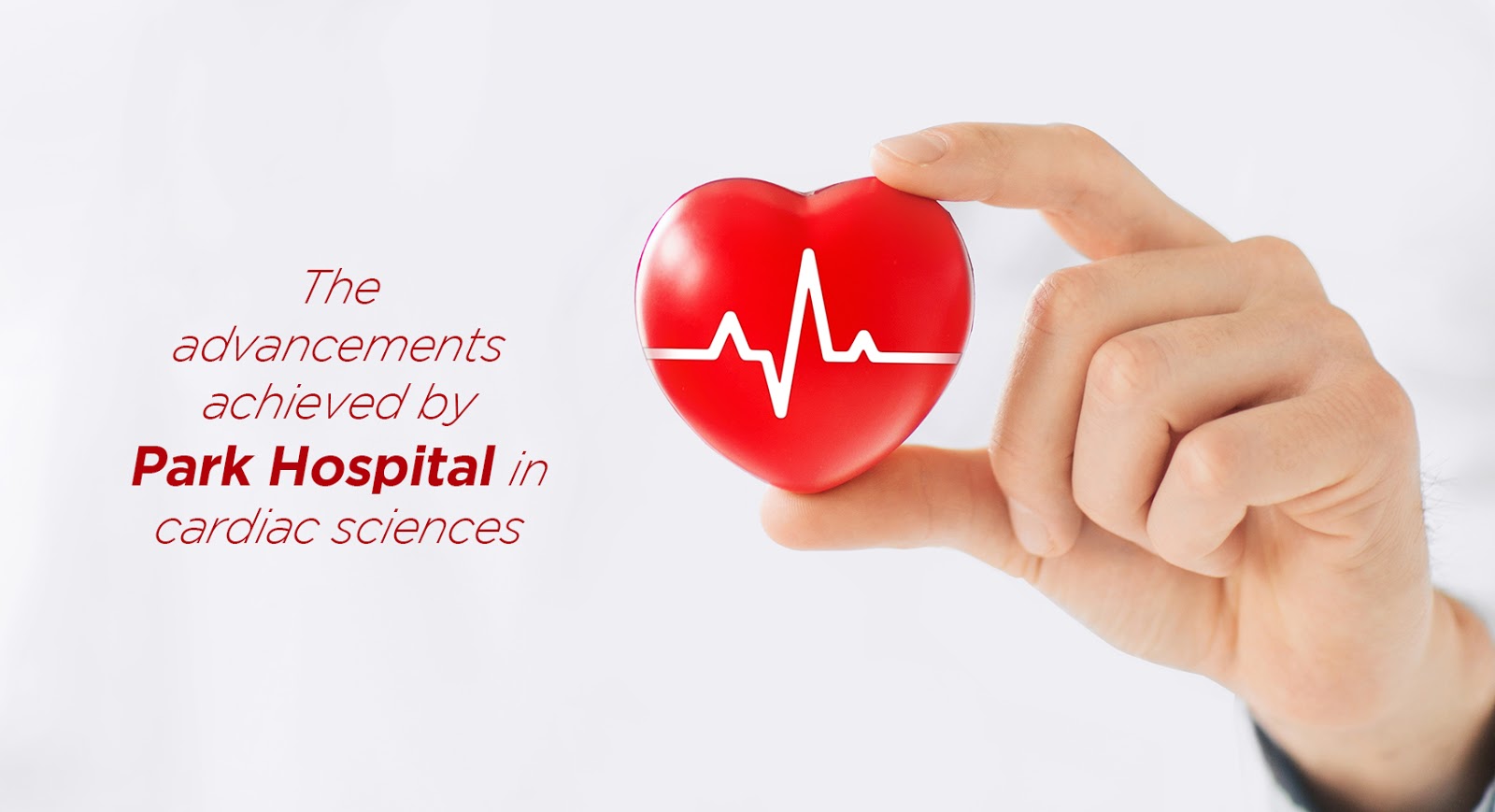What is a heartbeat?
A heartbeat is medically defined as one complete pulsation cycle of the heart which means the completion of one systole and one diastole of the heart.
What happens during one pulsation cycle?
Systole means contraction of the heart muscle and diastole means relaxation of the heart muscle. During systole when the heart contracts, it pumps oxygenated (purified blood) to various organs. Hence adequate systolic pressure is required to pump sufficient blood. Then it is followed by diastole which is when the heart relaxes and receives blood.
A regular heartbeat should have adequate systolic pressure (120mm Hg) and diastolic pressure (80mm Hg) as measured by your B.P. apparatus. An appropriate electrical conductivity of the heart muscle ensures this adequate pressure and the physiological time interval between systole and diastole, thus ensuring a normal heart rate of 60-100 beats per minute.
What is an irregular heartbeat?
The most common form of irregular heartbeat is atrial fibrillation which means the contraction of the atria of the heart is irregular. Prolonged atrial fibrillation leads to clot (thrombus -stationary clot) formation in atria which then travels to the brain as an embolus (dynamic clot), eventually causing a stroke.
Reasons for an irregular heartbeat?
Heart-Related causes
Narrowing (hardening or clots) of arteries
High blood pressure
Errors in electrical conductivity of heart muscle
Damaged heart muscle after a heart attack
Recovery after heart surgery
Non-heart-related causes
Abnormal thyroid function
Sodium and potassium imbalance
Stress
Medications
Diabetes
Sleep apnea (trouble breathing during sleep)
How to diagnose irregular heartbeat
ECG
Echocardiogram
Holter monitor
Event recorder
Implantable loop recorder
Stress test (TMT)
Tilt table test
What are the treatments for an irregular heartbeat?
Medications that can correct the heart rate are metoprolol, propranolol, and diltiazem
Medications that can correct the heart rhythm are sodium channel blockers such as propafenone and potassium channel blockers such as dofetilide, and sotalol.
Anticoagulant medications (blood thinners) such as rivaroxaban, apixaban, etc. are used to prevent clot formation and avoid the risk of stroke formation in atrial fibrillation (the most common form of arrhythmias).
There are procedures useful to treat arrhythmias such as
catheter ablation (blocks abnormal electrical signals to your heart and restores a normal heartbeat),
pacemaker (helpful in bradycardia to send electrical impulses that stimulate normal heart rate),
implantable cardioverter-defibrillator (only treats arrhythmias),
maze procedure (interferes with an abnormal electrical conductivity and prevents arrhythmias), and
coronary bypass surgery (improves blood flow to your heart).
During exercise, my heart rate is more. Does that mean I suffer from irregular heartbeats?
Your target heart rate is dependent on your maximum age-related heart rate (MARHR) which is calculated by subtracting your age from 220.
For example, for a 40-year-old person, the estimated maximum age-related heart rate (MARHR) would be calculated as (220 � 40 years) 180 beats per minute (bpm).
The normal range of heart rate for a 40-year-old person during moderate-intensity physical activity is between 64% and 76% of the MARHR which is 115-137 bpm, and during vigorous-intensity physical activity, is between 77% and 93% of the MARHR which is 138-168 bpm.
Conclusion
Whenever you are under stress or experience symptoms such as racing heartbeat, chest pain, shortness of breath, anxiety, fatigue, lightheadedness or dizziness, sweating, or fainting it is time to see a doctor for diagnosis of an irregular heartbeat, its cause and the relevant treatment as recommended by your physician or heart specialist.
Park hospital is the best cardiac hospital in Delhi with the most experienced cardiologists and cardiac surgeons. For any cardiac-related issues or 2nd opinion, consult our specialist cardiologists.

